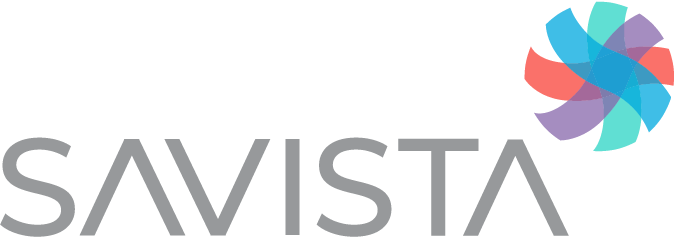In the complex web of healthcare finance, one crucial element often overlooked is the management of low balance accounts receivable. While healthcare providers focus on maximizing revenue and minimizing costs, the significance of efficiently recovering small balances can be easily underestimated. However, this facet plays a pivotal role in optimizing the healthcare revenue cycle.
Low dollar accounts receivable typically consist of small outstanding amounts owed by patients after insurance payments or co-pays. These balances might seem inconsequential on an individual basis, but collectively, they can significantly impact a healthcare organization's financial health. Neglecting these balances can lead to revenue leakage and operational inefficiencies.
So, how does low balance accounts receivable recovery contribute to enhancing the healthcare revenue cycle?
1. Maximizing Revenue Capture
Every dollar counts in healthcare revenue management. By diligently recovering low balance accounts receivable, healthcare providers can maximize revenue capture. Even small amounts, when recovered consistently, can add up to substantial sums over time, bolstering the organization's financial stability.
2. Streamlining Operations
Unpaid balances, regardless of their size, contribute to administrative burden and operational inefficiencies. By implementing effective strategies for low balance accounts receivable recovery, healthcare organizations can streamline their operations. Automated systems, clear communication protocols, and efficient workflows can minimize the time and resources spent on chasing unpaid balances.
3. Enhancing Patient Experience
Prompt resolution of low balance accounts demonstrates a commitment to excellent patient service. Patients appreciate clear and concise billing processes, and resolving small balances quickly can contribute to overall satisfaction. Moreover, proactive communication regarding outstanding balances fosters transparency and trust between patients and healthcare providers.
4. Reducing Bad Debt Write-Offs
Unrecovered low balance accounts receivable often end up as bad debt write-offs, adversely affecting the bottom line. By prioritizing the recovery of these balances, healthcare organizations can minimize bad debt exposure. Implementing targeted collection strategies and leveraging data analytics can identify accounts with a higher likelihood of recovery, reducing write-offs.
5. Compliance and Regulatory Adherence
Effective management of accounts receivable, including low balance accounts, is essential for regulatory compliance. Non-compliance can result in penalties and reputational damage for healthcare providers. By ensuring timely and accurate billing practices, organizations mitigate compliance risks and uphold industry standards.
6. Improving Cash Flow
Timely recovery of low balance accounts receivable injects liquidity into the healthcare organization's cash flow. This influx of funds can be instrumental in meeting operational expenses, investing in infrastructure and technology, and pursuing strategic growth initiatives. Improved cash flow also enhances financial resilience, enabling organizations to weather economic uncertainties.
7. Optimizing Resource Allocation
By allocating resources efficiently to recover low balance accounts receivable, healthcare organizations can optimize their financial resources. Strategic deployment of staff and technology tailored to the recovery process ensures that resources are utilized effectively, maximizing returns on investment.
In conclusion, while low dollar accounts receivables may seem insignificant in isolation, their collective impact on the healthcare revenue cycle is substantial. By implementing robust strategies for recovery and management, healthcare organizations can optimize revenue capture, streamline operations, enhance patient experience, and ensure regulatory compliance. Prioritizing the recovery of low balance accounts receivable is not just a financial imperative but also a strategic imperative for sustainable growth and success in today's dynamic healthcare landscape.
contact us
Let’s get started
Get in touch with a representative today and find out how Savista can transform your business.
